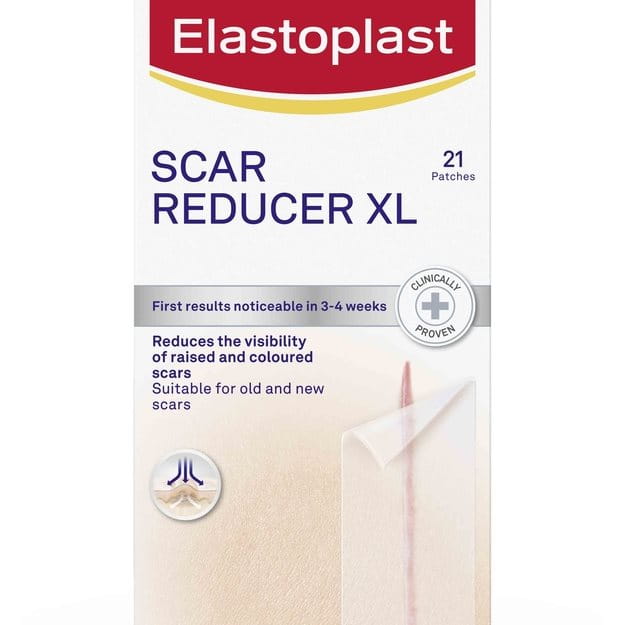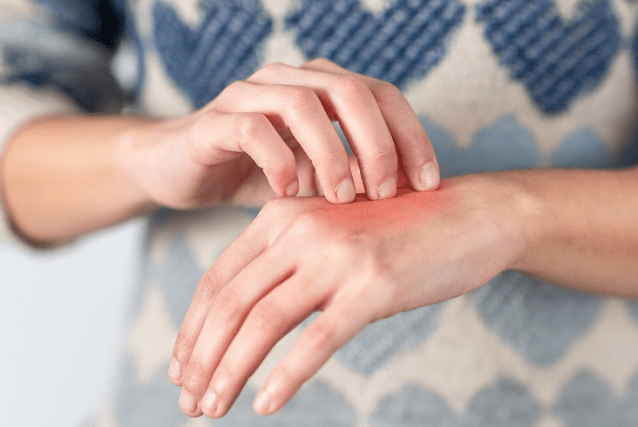Taking care of a post-operative wound can sometimes be a daunting task. Unlike minor wounds, post-operative wounds come with a higher risk of more severe infections. It is important to know the signs to look out for to avoid complications like infection.
If you know how to properly dress and clean your surgical wound you shouldn’t experience any issues. However, if you notice anything unusual about your surgical wound like infected stitches, this article will help you identify when you can manage symptoms yourself or when you should seek medical assistance.



